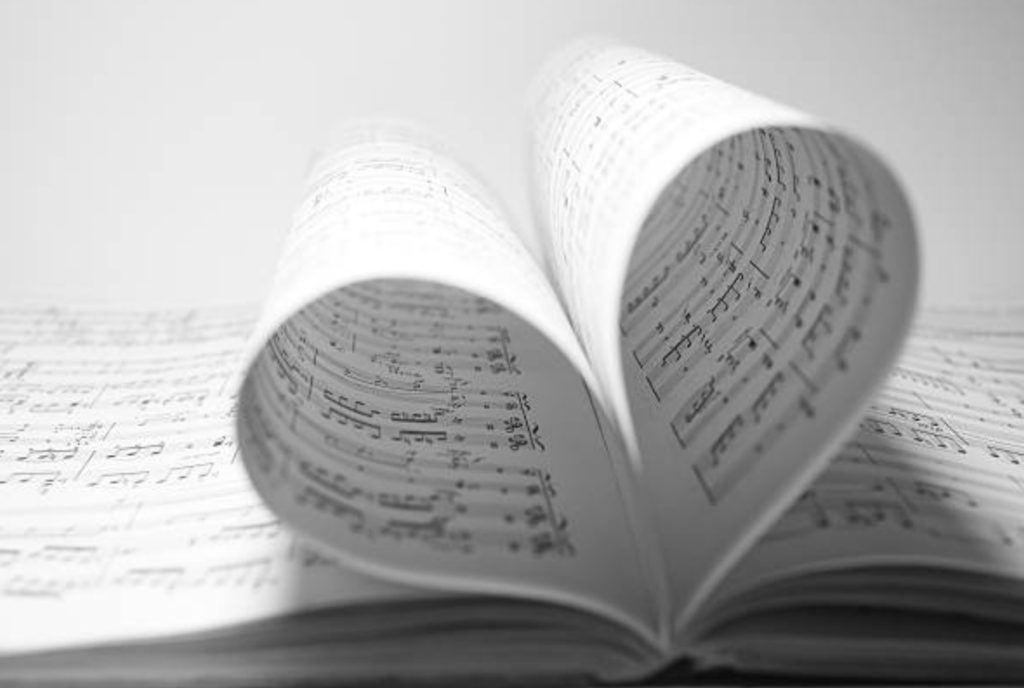
In the intricate tapestry of human experience, music stands as a universal language that transcends boundaries and speaks directly to the soul. Beyond its aesthetic appeal, music has increasingly been recognized for its therapeutic potential, particularly in alleviating the weight of depression. This article delves into the profound benefits of listening to music as a powerful tool for navigating the complex terrain of depression.
1. Elevating Mood and Emotion:
One of the most immediate and noticeable impacts of music is its ability to evoke emotions. Certain melodies, rhythms, and lyrics have the power to uplift spirits, fostering a positive emotional state. Whether it’s the gentle strumming of an acoustic guitar or the resonant notes of a symphony, music has a unique capacity to elevate mood.
2. Stress Reduction and Relaxation:
Depression often comes with heightened levels of stress and anxiety. Engaging with calming music can trigger the relaxation response, reducing stress hormones and promoting a sense of calm. Slow tempos, soft melodies, and soothing harmonies create an auditory sanctuary for individuals grappling with the tumult of depression.
3. Expression of Unspoken Emotions:
For many, expressing emotions during depressive episodes can be challenging. Music provides a medium through which individuals can connect with and release unspoken emotions. Whether through lyrics that resonate with personal experiences or instrumental compositions that mirror the ebb and flow of inner feelings, music becomes a conduit for emotional expression.
4. Enhancing Cognitive Function:
Depression can impact cognitive functions such as concentration and memory. Engaging with music has been shown to enhance cognitive abilities, improve focus, and stimulate memory recall. This cognitive engagement with music can serve as a valuable distraction from negative thought patterns.
5. Creating a Sense of Connection:
Depression often brings feelings of isolation. Music, however, has the power to create a sense of connection. Whether it’s bonding over shared musical tastes with others or feeling a connection to the artist’s expression, music fosters a sense of community that is vital for mental well-being.
6. Motivation and Empowerment:
The rhythm and energy of certain music genres can act as a motivating force. Upbeat tunes have the power to inspire movement, whether it’s a gentle sway or a dance around the room. This physical engagement can be a powerful tool in combating the lethargy often associated with depression.
7. Personalized Therapeutic Playlist:
Creating a personalized playlist allows individuals to curate a collection of songs that resonate with their unique experiences and emotions. This tailored approach ensures that the music chosen aligns closely with the individual’s preferences, making the therapeutic experience more personal and impactful.
Conclusion:
In the symphony of mental health strategies, music emerges as a versatile and accessible instrument for those navigating the complexities of depression. From elevating mood to providing a platform for emotional expression, the benefits of listening to music are profound. As we continue to explore the therapeutic potential of harmonies and melodies, it becomes evident that music is not just an art form but a healing force that can bring solace and hope to those traversing the path of depression. Let the melodies be a guide to brighter, harmonious days.
If you’re ready to embark on your journey of musical healing, you can explore our free curated collection of soothing tunes here.
